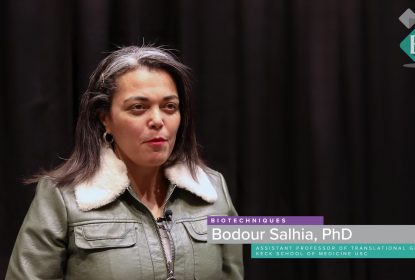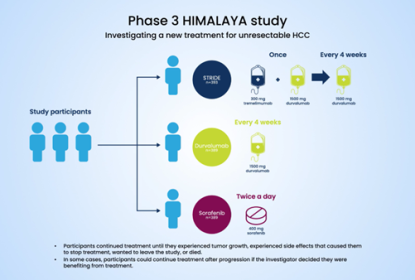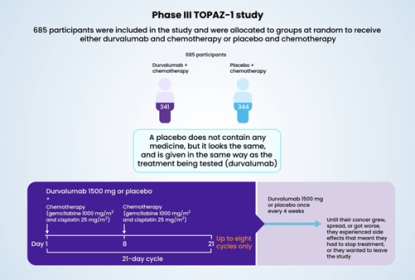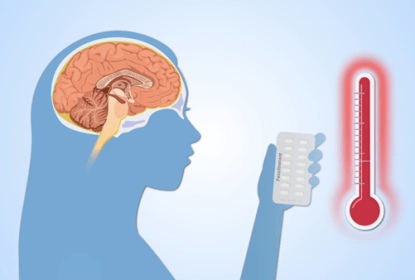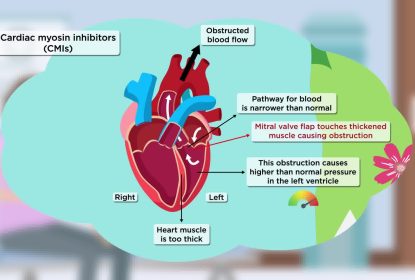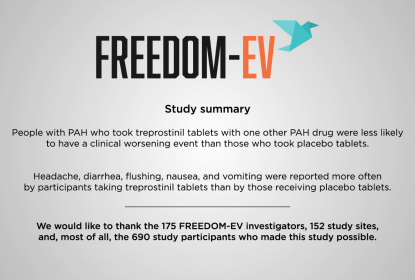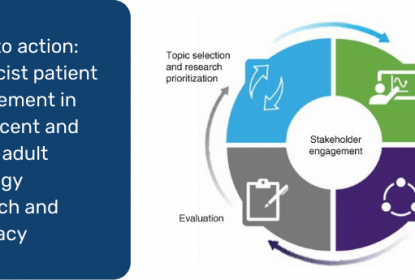
A Deep Dive into the RAISE Project Methodology
This video article provides an explanation of the methodology and summary of the results of the RAISE project.
Neuroendocrine tumors are rare, slow-growing tumors that can develop in many organs and often spread to the liver. Response Evaluation Criteria in Solid Tumors (RECIST) is commonly used to assess treatment response in patients with neuroendocrine tumors in clinical trials. RECIST uses the sum of the longest diameter of lesions to classify tumor response over the course of treatment and define progression-free survival (PFS). However, as neuroendocrine tumors often grow slowly, using RECIST could lead to an underestimation of treatment effect.
The Research for Artificial Intelligence-Based Surrogate Endpoint (RAISE) project aimed to create a new endpoint that would allow earlier prediction of treatment response in patients with neuroendocrine tumors. This exploratory work assessed whether deep learning techniques could improve prediction of PFS in patients with neuroendocrine tumors, using features extracted from computerized tomography scans of patients enrolled in the phase 3 CLARINET trial (NCT00353496). RAISE also assessed whether response heterogeneity (the coexistence of responding and non-responding lesions in the same patient) could be used as a biomarker to allow earlier prediction of PFS in patients with neuroendocrine tumors.
For the full findings, click on the links below to read the two original manuscripts published in Future Oncology.
Original article(s):
Pavel M, Dromain C, Ronot M, et al. The use of deep learning models to predict progression-free survival in patients with neuroendocrine tumors. Future Oncol. 2023;19(32):2185–2199. doi: 10.2217/fon-2022-1136.
Dromain C, Pavel M, Ronot M, et al. Response heterogeneity as a new biomarker of treatment response in patients with neuroendocrine tumors. Future Oncol. 2023;19(32):2171–2183. doi: 10.2217/fon-2022-1137.
Publication DOI: https://doi.org/10.1080/vjbm-2023-0018
Marianne Pavel, Clarisse Dromain, Maxime Ronot et al. A Deep Dive into the RAISE Project Methodology (2025). Video Journal of Biomedicine. 9(1). DOI: 10.1080/vjbm-2023-0018.
